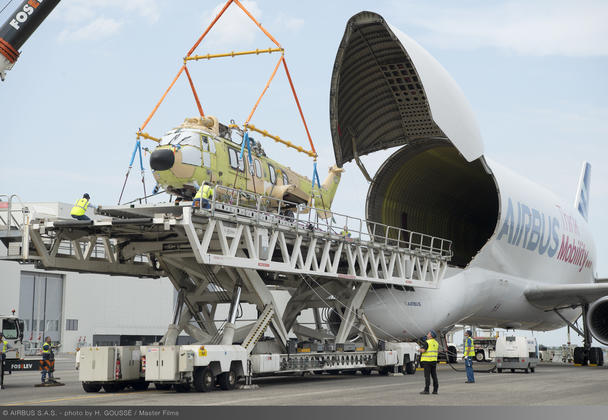What can be expected going forward, then? If Boeing’s World Cargo Forecast is to be believed, a lot. The manufacturer has estimated that the global cargo fleet will grow by 70% in the next two years to meet demand. “We need to maintain the momentum established during the crisis and continue building resilience post-pandemic,” said Brendan Sullivan, IATA’s Global Head of Cargo. How will the industry accommodate this growth? The simple answer is with more modern aircraft. With new aircraft comes new tech, an element of the cargo market that is key to growth in a post-pandemic industry focusing on sustainability. You see, the air cargo market is known for not being the kindest to the environment, with the industry typically using older, more polluting aircraft. However, with all the new aircraft being produced, coupled with a sustainability drive from the overall industry – “It is inevitable that the air cargo industry will look to become greener, which will change the make-up of the global air cargo fleet,” Claims ReedSmith.
We’ve already started to see this take place. Beyond new freighters from Boeing and Airbus which are more fuel-efficient and therefore better for the environment, huge advances in aerospace are providing us with interesting options for the future. Readers might remember my article on Destinus’ ‘Hyperplane’, essentially a hydrogen-powered unmanned cargo aircraft that will be able to achieve speeds of Mach 15. Not only is Destinus’ prototype green-powered, but it would also be the single fastest commercial aircraft ever created, capable of delivering urgent goods across the world in a couple of hours. Next day delivery from America might soon become same day delivery, with advancements like this seriously boosting commercial growth by reducing shipping times, meaning more items can be shipped in a day. “Demand for high-value specialized cargo – such as temperature-sensitive healthcare goods and vaccines – is rising,” Claims IATA, and with advancements like Destinus’ hyperplane, supply will indeed meet demand. With tech like this, the short- to medium-term future of the air cargo industry is strong. Indicators like inventory levels and manufacturing outputs are favourable, with world trade expected to grow by 5.6% in 2022 while E-commerce maintains a double-figure growth rate. Revenues for the air cargo market are expected to exceed $169 billion globally – a huge amount, which can be re-invested into further R and D, as well as increasing supply. I think you’re starting to get the picture here. With a steady increase in demand fuelling growth which, in turn, is financed by the massive revenue generated by said demand, the future looks good for air cargo.


0 Comments